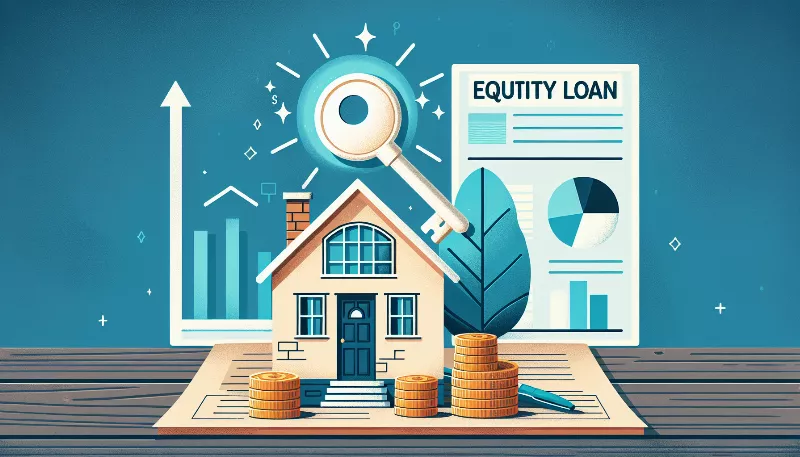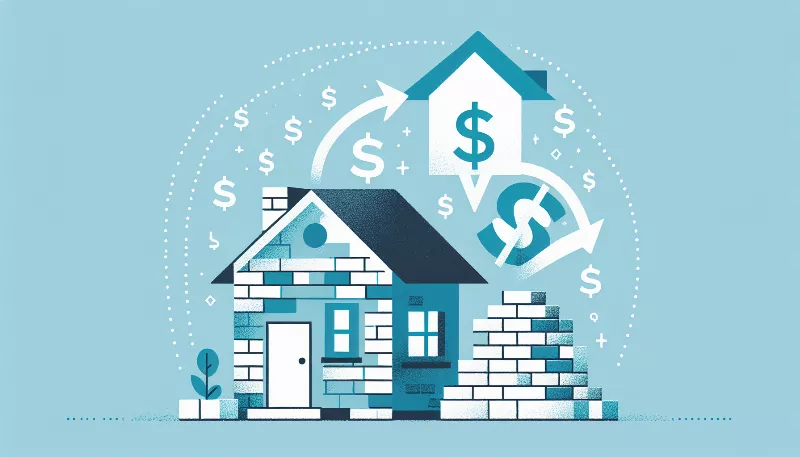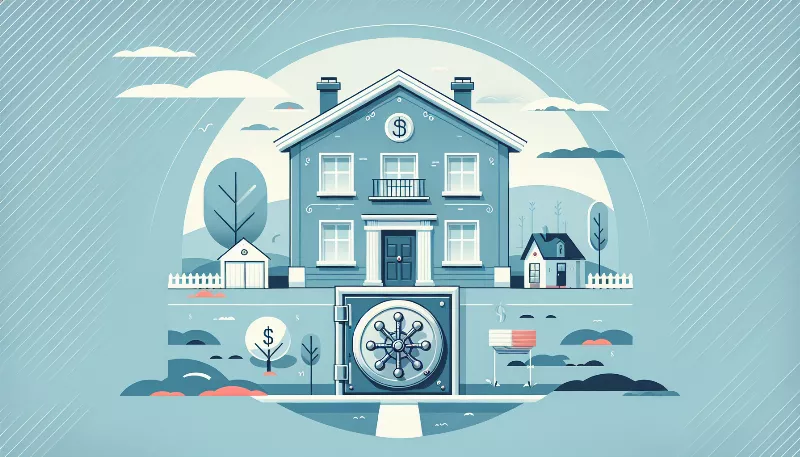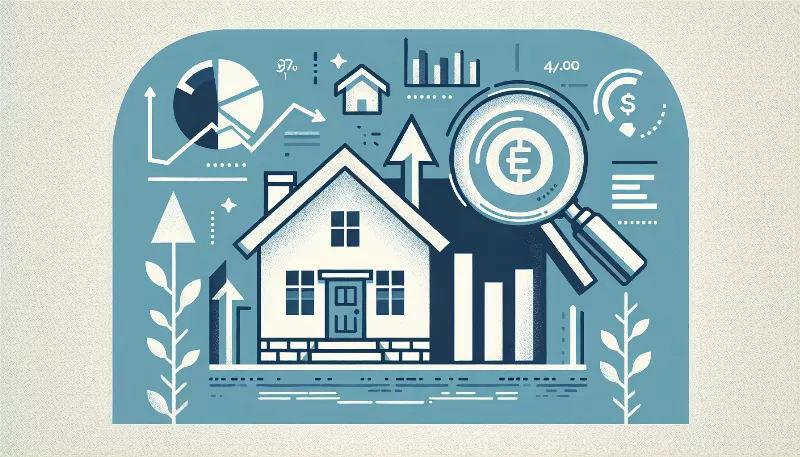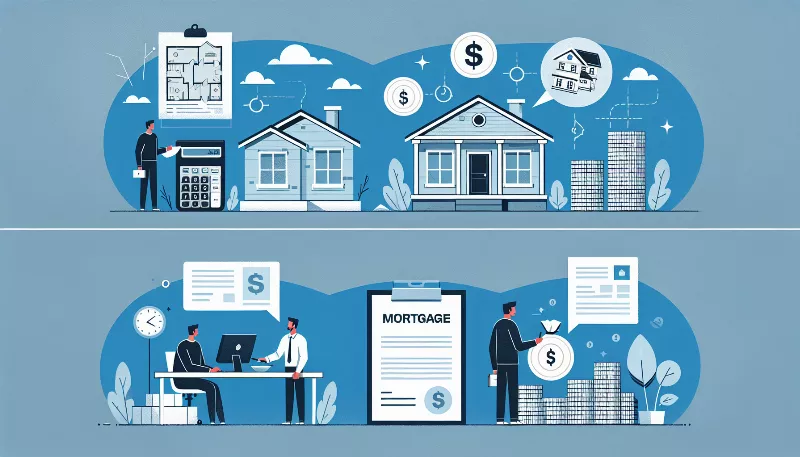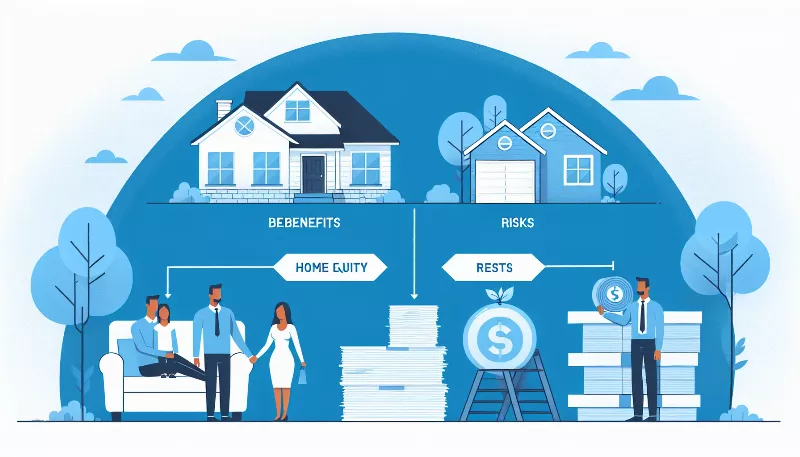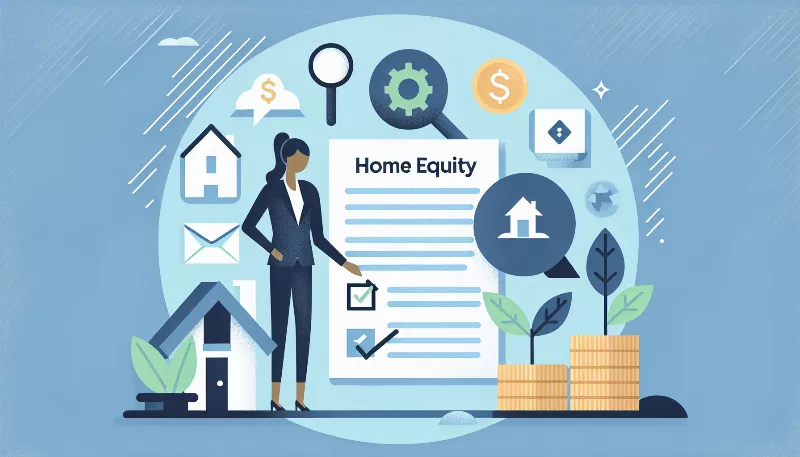The Key to Your Home's Value: Understanding Home Equity Loan Qualifications
Unlock the value of your home! Learn the essentials of home equity loans, qualifications needed, and how to leverage your property's worth wisely.
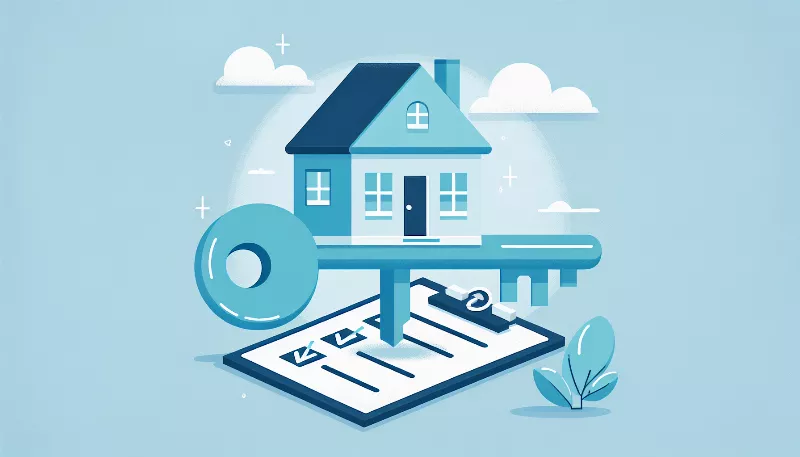
Unlock the Financial Potential of Your Home
Are you looking to tap into the value of your home for renovations, debt consolidation, or perhaps to fund a major purchase? A home equity loan might be the golden key you need! This financial tool allows homeowners to borrow against the equity they've built up in their property. But before you can unlock this treasure chest, it's essential to understand the qualifications that will pave the way to approval. Let's embark on a journey to discover what lenders are looking for and how you can meet the criteria to secure a home equity loan.
Equity: The Foundation of Your Application
The cornerstone of a home equity loan is, unsurprisingly, equity. Equity is the difference between the current market value of your home and the amount you owe on your mortgage. Lenders typically require that you have at least 15-20% equity in your home to qualify. The more equity you have, the larger the loan you may be eligible for, which means more financial flexibility for you!
Credit Score: Your Financial Report Card
Your credit score is like a report card for your financial history, and it plays a crucial role in the qualification process. A higher credit score can not only increase your chances of approval but also secure you a more favorable interest rate. Most lenders look for a credit score of 620 or above for a home equity loan, but don't worry if you're not there yet! There are steps you can take to improve your score, such as paying down debts and ensuring your bills are paid on time.
Debt-to-Income Ratio: Balancing Your Financial Obligations
Lenders will also scrutinize your debt-to-income (DTI) ratio, which is a measure of how much of your monthly income goes towards paying debts. A lower DTI ratio indicates to lenders that you're less of a risk and can manage additional loan payments. Typically, a DTI ratio of 43% or lower is preferred, but the lower, the better. To improve your DTI, focus on reducing your debt load or increasing your income.
Proof of Income: Showcasing Your Earning Power
Steady income is another critical factor in the qualification process. Lenders want to see that you have the financial means to repay the loan. You'll need to provide proof of income through pay stubs, tax returns, or other financial documents. Self-employed individuals may need to provide additional paperwork to demonstrate their income stability.
Home Appraisal: Determining Your Home's Market Value
An appraisal is often required to determine the current market value of your home. This step is vital because it helps lenders calculate the exact amount of equity you have and, consequently, the maximum loan amount they can offer. Keep in mind that market conditions can affect your home's value, so it's wise to have a general idea of your local real estate market trends.
Final Thoughts: Preparing for Success
Qualifying for a home equity loan doesn't have to be an arduous quest. By understanding the qualifications and preparing accordingly, you can position yourself as an ideal candidate. Remember, the equity in your home is a powerful asset, and with the right approach, you can harness it to achieve your financial goals. So, gather your documents, polish your credit score, and get ready to unlock the value of your home!
